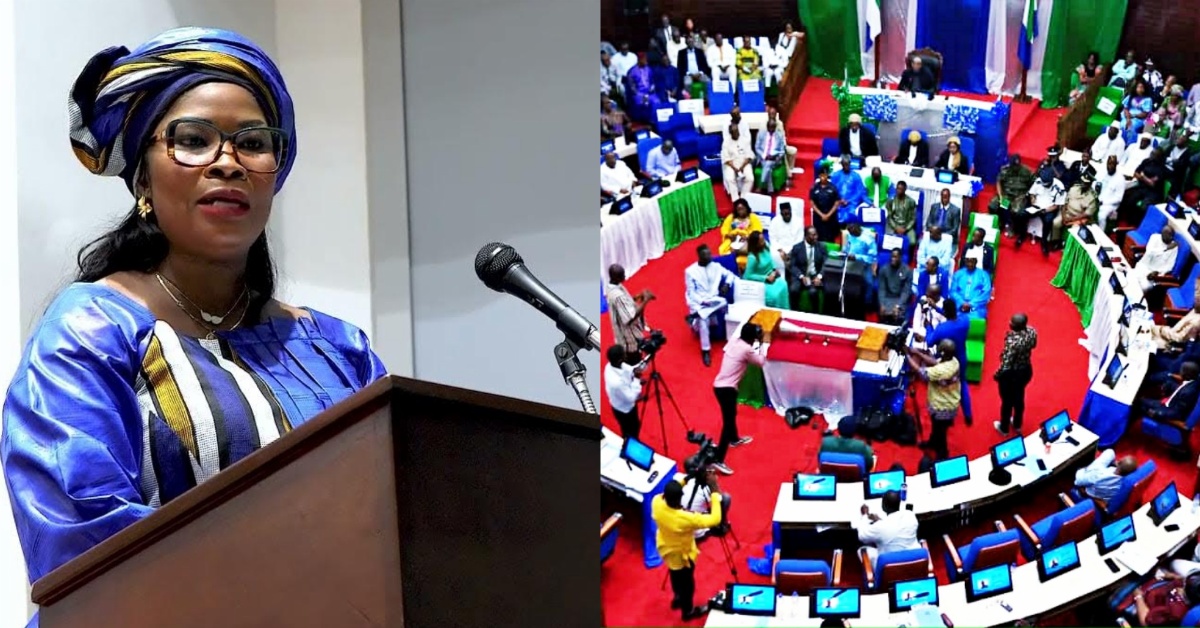Ms. Isata Mahoi, the Minister of Gender, recently met with the Female Caucus of Parliament to discuss key aspects of the Anti-Child Marriage and Child Rights Act. This meeting aimed to integrate the insights of female Members of Parliament (MPs) into the draft before its formal presentation for debate and potential enactment in Parliament.
Minister Mahoi stressed the importance of involving female MPs early, noting their roles as both mothers and representatives of women and children. “We chose to engage the female MPs first because they are not only mothers but also represent women and children in Parliament,” said Minister Mahoi. She highlighted that her ministry has been consulting with community stakeholders nationwide to gather input on protecting children’s rights and safety at local and national levels.
The Gender Minister expressed optimism about the bill’s chances, confident that with support from civil society, partners, and the government, the Child Rights Bill would be successfully passed into law once it reaches the House of Representatives. “We are still in the consultation and drafting stages of the bill, after which it will be presented in Parliament,” Ms. Mahoi explained.
In her speech, Minister Mahoi reassured stakeholders that if passed, the bill would establish a foundational framework to improve the safety and rights of children in Sierra Leone. The bill addresses the numerous challenges children face and aligns with the government’s clear stance on Female Genital Mutilation (FGM), mandating that FGM initiations occur only after the age of eighteen. “The government’s position on FGM is clear—initiation should wait until the age of eighteen, and we are adhering strictly to that,” she stated.
Minister Mahoi emphasized that the bill aims to address all crimes against children comprehensively, ensuring their protection and well-being. The meeting with the Female Caucus of Parliament represents a critical step in refining the bill, demonstrating a collective commitment to safeguarding children’s rights in Sierra Leone.











